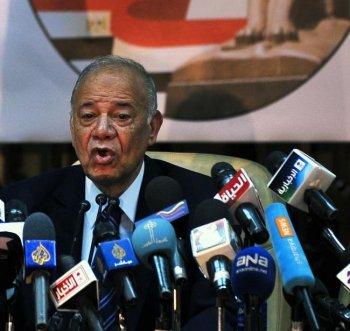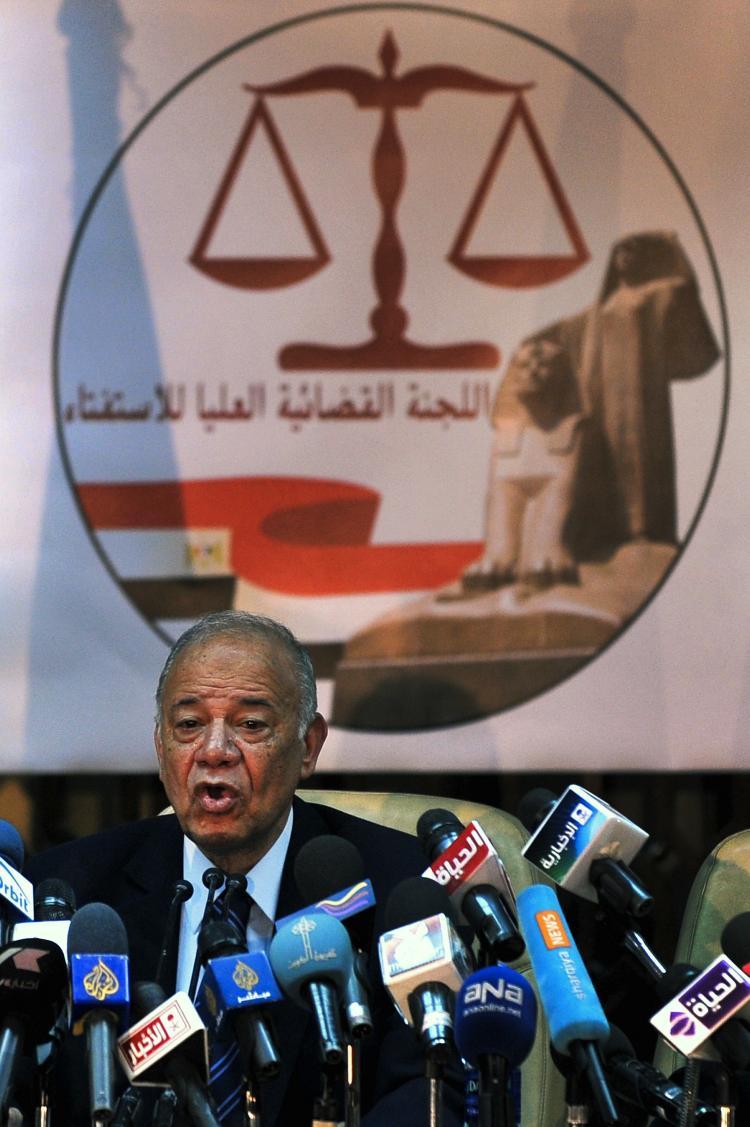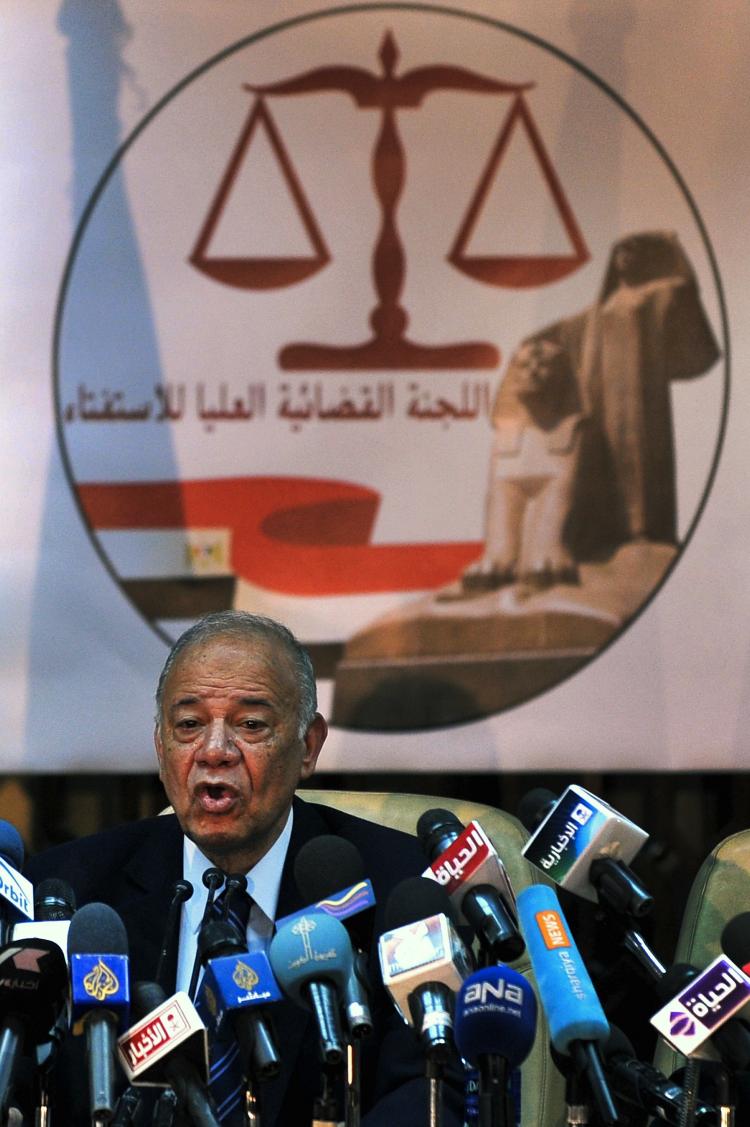CAIRO—Egyptians got its first real taste of democracy in 30 years on Saturday, as millions went to the polls to vote on the first post-Mubarak constitution. The amended version of the 1971 constitution won approval from 77.2 percent of voters.
The ‘No’ side of the referendum—some 22.8 percent of voters—had argued that the changes did not go far enough, that the entire constitution had to be scrapped to allow the new era of a democratic Egypt to start with a clean slate. Those voters mainly come from educated classes in Cairo and Alexandria, among the more ardent leaders of the revolution.
Those on the ‘Yes’ side of the debate, supporting less drastic change, were largely from the villages in the governorates, where the social structure is more tribal. The Muslim Brotherhood and the National Democratic Party of ousted President Hosni Mubarak also supported the Yes side.
But regardless of the perspective, Egyptians largely seem committed to the democratic process and whatever outcome it delivers.
An unprecedented 41 percent of Egypt’s 45 million eligible voters lined up, some for hours, at polling stations across the country. There had been elections under Mubarak as well, but given that his re-election was a foregone conclusion, elections were not taken seriously by so-called voters.
The atmosphere this time was different. The Egyptian media and activists had been encouraging people to vote since the referendum was suggested and the poll date set by the interim military government.
On Saturday, thousands of schools were transformed into polling booths, each with supervisors assigned by the supreme judiciary committee. Lineups at many extended outside the buildings because of a higher than expected voter turnout.
Military personnel confiscated leaflets from anyone still trying to campaign on voting day.
Overall, the atmosphere remained excited and orderly with locals spontaneously organizing special lines for women and the elderly to ease their wait.
“This is the first time in my life of 82 years to come and vote,” said Ahmed Ragab, a retired schoolteacher who was in awe with the atmosphere of democracy around him. He said he was impressed with the political awareness shown by so many young Egyptians.
Voters passed the time in lines debating the future of the country. “I have been standing here for an hour now. I don’t mind waiting because I know that my vote counts,” said Mahmoud Diaa, a university student.
Diaa voted ‘No’, preferring a fresh start with a fresh constitution. While in line he was having an intense conversation with a friend who thinks the suggested amendments are sufficient until presidential elections are held.
Not everything went off smoothly however. It was reported that Mohamed ElBaradei, who urged Egyptians to vote No, was assaulted by a crowd reportedly of Muslim Brotherhood supporters and others, when he turned up to cast his vote. ElBaradei has announced his bid to run for president in Egypt’s upcoming elections.
Marwa Hussein a native of Cairo.
The ‘No’ side of the referendum—some 22.8 percent of voters—had argued that the changes did not go far enough, that the entire constitution had to be scrapped to allow the new era of a democratic Egypt to start with a clean slate. Those voters mainly come from educated classes in Cairo and Alexandria, among the more ardent leaders of the revolution.
Those on the ‘Yes’ side of the debate, supporting less drastic change, were largely from the villages in the governorates, where the social structure is more tribal. The Muslim Brotherhood and the National Democratic Party of ousted President Hosni Mubarak also supported the Yes side.
But regardless of the perspective, Egyptians largely seem committed to the democratic process and whatever outcome it delivers.
An unprecedented 41 percent of Egypt’s 45 million eligible voters lined up, some for hours, at polling stations across the country. There had been elections under Mubarak as well, but given that his re-election was a foregone conclusion, elections were not taken seriously by so-called voters.
The atmosphere this time was different. The Egyptian media and activists had been encouraging people to vote since the referendum was suggested and the poll date set by the interim military government.
On Saturday, thousands of schools were transformed into polling booths, each with supervisors assigned by the supreme judiciary committee. Lineups at many extended outside the buildings because of a higher than expected voter turnout.
Military personnel confiscated leaflets from anyone still trying to campaign on voting day.
Overall, the atmosphere remained excited and orderly with locals spontaneously organizing special lines for women and the elderly to ease their wait.
“This is the first time in my life of 82 years to come and vote,” said Ahmed Ragab, a retired schoolteacher who was in awe with the atmosphere of democracy around him. He said he was impressed with the political awareness shown by so many young Egyptians.
Voters passed the time in lines debating the future of the country. “I have been standing here for an hour now. I don’t mind waiting because I know that my vote counts,” said Mahmoud Diaa, a university student.
Diaa voted ‘No’, preferring a fresh start with a fresh constitution. While in line he was having an intense conversation with a friend who thinks the suggested amendments are sufficient until presidential elections are held.
Not everything went off smoothly however. It was reported that Mohamed ElBaradei, who urged Egyptians to vote No, was assaulted by a crowd reportedly of Muslim Brotherhood supporters and others, when he turned up to cast his vote. ElBaradei has announced his bid to run for president in Egypt’s upcoming elections.
Marwa Hussein a native of Cairo.


